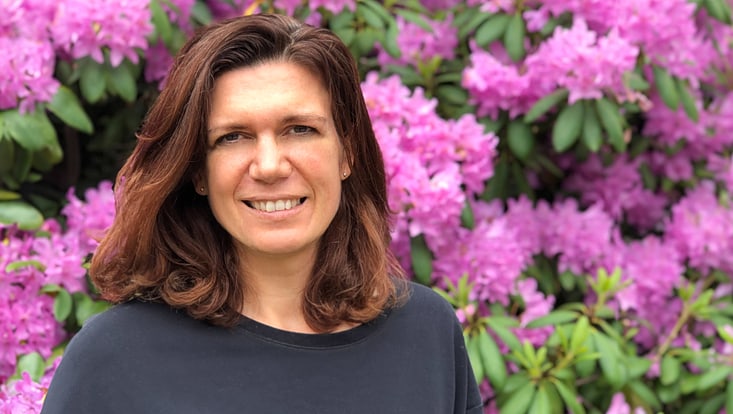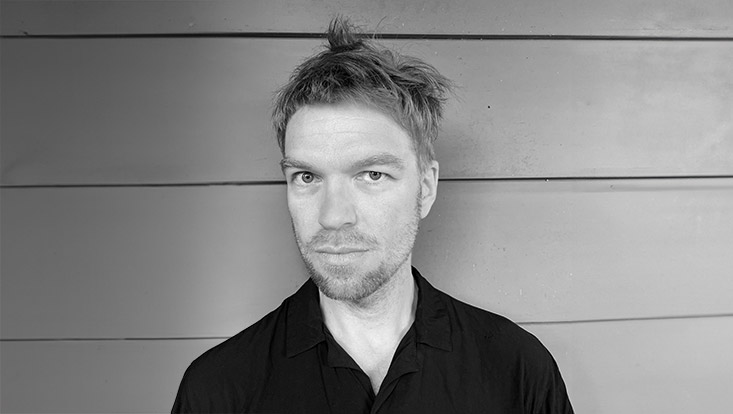Welcome aboard!Why and how should I get moving and how can I influence that?Prof. Dr. Astrid Zech strengthens Human Movement Science.
24 April 2025, by Zech/Red.

Photo: private
Every year, the University of Hamburg welcomes numerous new researchers. This series introduces them and their areas of research. This time: sports expert Prof. Dr. Astrid Zech.
Prof. Dr. Astrid Zech, previously at the Friedrich Schiller University Jena, joined the Faculty of Psychology and Human Movement Science in Summer Semester 2025, where she is now professor of movement and training science.
My research area in 3 sentences:
I focus on the connection between the body, performance, and motor skills. This concerns, on the one hand, diagnosing biomechanical, physiological, and metabolic conditions. On the other, we review the effectiveness of interventions, for example training measures, that can lead to adjustments in these systems.
This is how I explain my research to my family:
Generally: Why and how should I get moving and how can I influence that? Our movement behavior and physical abilities depend upon many inner requirements and external conditions. My research focuses on how these factors mutually influence one another and how, for example, we can manipulate them through training. This is important for top athletes as well as, for example, patients who have just had a knee replacement.
In Hamburg, the city and the University, I am looking forward to:
This is an active city with a lot of movement-minded people of all ages and it also offers numerous possibilities for research and cooperation.
These are my plans at the University of Hamburg (with regard to knowledge exchange, teaching, etc.):
To strengthen Hamburg, a center of research, in sports science and to support competitive and club sports in the city and therapy programs with diagnostic and training science expertise.
This is why students should attend my courses:
Because my classes provide basic understanding of bodily functions and how to influence them using movement and training while also looking at innovative trends and evidence-based measures.
Reaching out to the world: I work with the following international and federal institutions and universities:
I cooperate in research, for example, with the University of Stellenbosch in South Africa, where we have a 3-year project in which we are analyzing the movement behavior and motor skills of 500 South African children between 6 and 18 who grow up spending most of their time barefoot. We compared that data with the data for 500 children of the same age who generally wear shoes and determined that being barefoot regularly can positively affect foot development and motor skills.
My research is important to society because:
Because we look at physical activity and sports not just from the perspective of enhancing performance but also at aspects such as health, prevention, and therapy in equal measure. The high degree of exchange options in my research ensures that training programs or rehabilitation measures can be improved and deployed more effectively.


